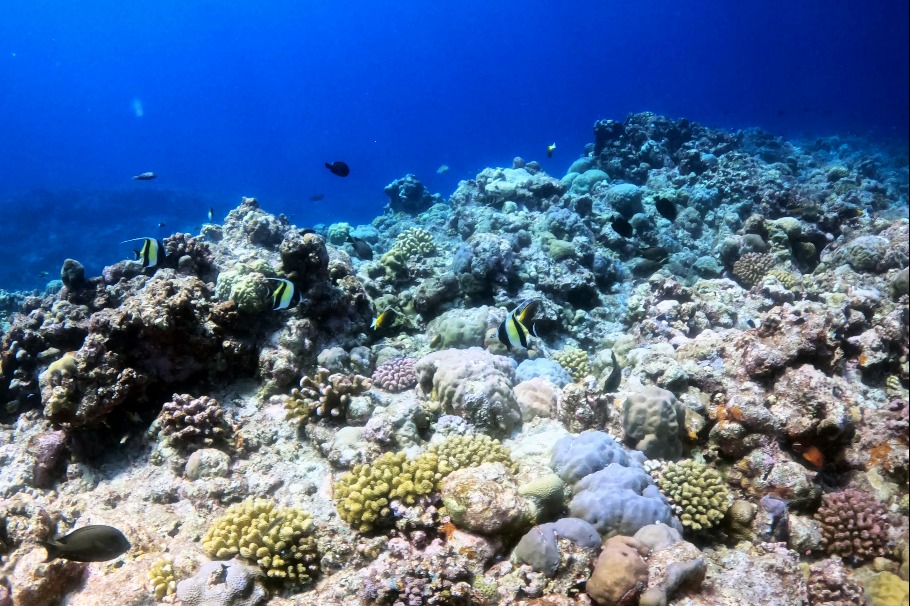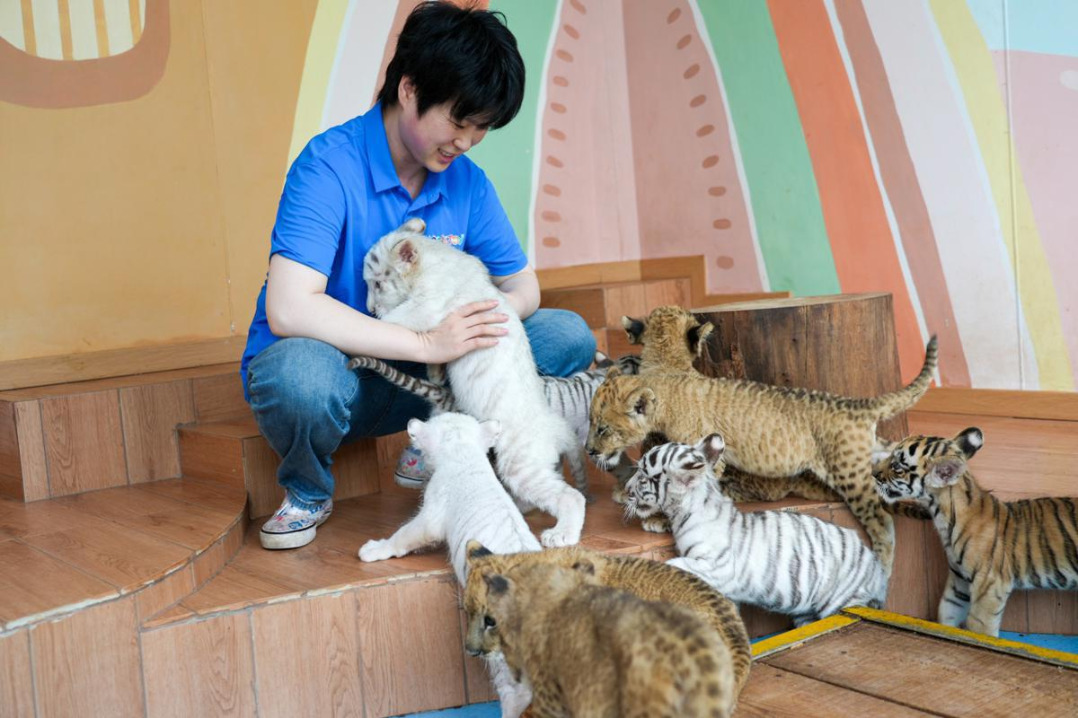Chinese scientists create monkey blastoids, boosting regenerative medicine

KUNMING -- Chinese researchers have achieved a significant breakthrough by efficiently creating monkey blastoids using stem cells, paving the way for new advancements in regenerative medicine, as reported on Monday by Science and Technology Daily.
Blastoids, a specialized structure derived from the in vitro induction of pluripotent embryonic stem cells, mimic the early stages of embryonic development. They serve as vital models for studying embryonic development and hold great promise for applications in regenerative medicine.
A research team from the Kunming University of Science and Technology, located in Southwest China's Yunnan province, has made remarkable progress by generating blastoids using monkey-induced pluripotent stem cells and somatic cell nuclear transfer embryonic stem cells.
The success rate for forming these blastoids reached an impressive 80 percent, with cells from older monkeys achieving a 60-percent success rate. This breakthrough offers a unique perspective on tissue regeneration in aging individuals -- shedding light on cellular reprogramming and tissue regeneration mechanisms during the aging process.
In addition, the research team developed an innovative biomaterial-based microfluidic platform capable of producing size-adjustable, degradable blastoid capsules at a remarkable rate of 4,000 capsules per hour.
These capsules provide a stable three-dimensional structure and significantly enhance the efficiency of fallopian tube delivery, laying a solid foundation for future clinical applications.
This engineered production method ensures that the creation of blastoid capsules is both standardized and scalable -- making their practical use more feasible.
Despite these advancements, the team acknowledged that further optimization is needed, particularly in improving the functionality of trophoblast cells within the blastoid capsules.
Future research will focus on refining culture conditions, developing advanced materials, and exploring the long-term developmental potential of blastoid capsules in vivo.
These efforts aim to enhance the performance of blastoid capsules, enabling them to more accurately mimic natural embryo development and provide better models for embryonic research.
This achievement not only offers new tools for studying embryonic development but also opens exciting avenues for regenerative medicine and disease research.
As technology continues to evolve, the efficient engineering of blastoid capsules is expected to play a pivotal role in future biomedical research and preclinical applications.
The study has been published in the journal Nature Communications.
- World Laureates Association announces 2025 prize winners
- China Eastern Airlines launches regular flight between Nanchang and Macao
- Menagerie of floats to converge on Shanghai for tourism festival
- New aquatic product center opens for business in Guangzhou
- China-Cameroon optometry training exchange held in Shenyang
- 20,000 cases investigated in crackdown on fraud in meat, edible oil sectors





































